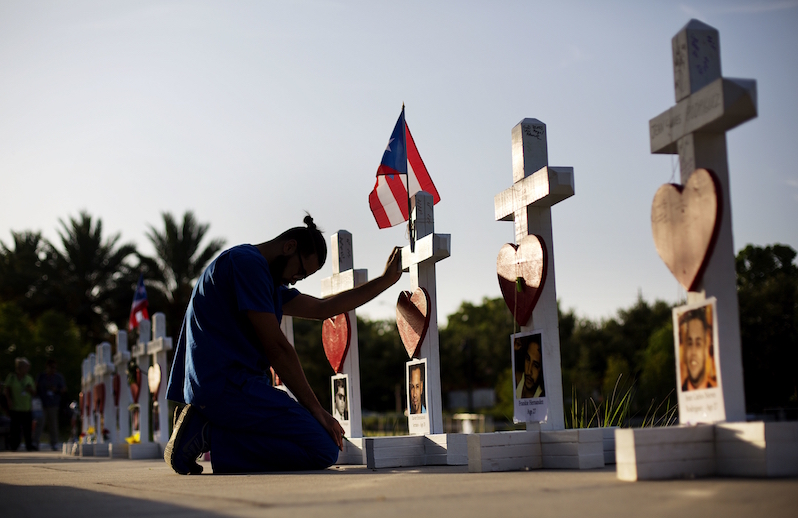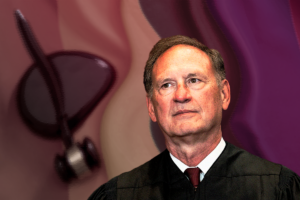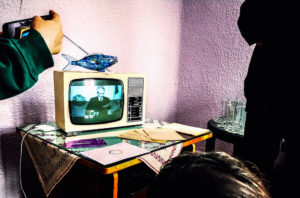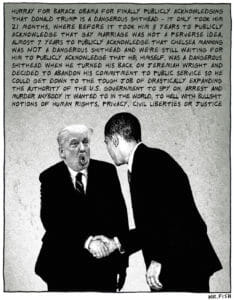Silence Is Killing Your LGBT Relatives
All queer people are equally in the crosshairs of homegrown hatred. Our straight families and friends need to recognize this openly and explicitly. Ernesto Vergne prays Friday at a cross honoring his friend and other victims killed in an attack last week at a gay nightclub in Orlando, Fla. (David Goldman / AP)
1
2
Ernesto Vergne prays Friday at a cross honoring his friend and other victims killed in an attack last week at a gay nightclub in Orlando, Fla. (David Goldman / AP)
1
2
Independent journalism is under threat and overshadowed by heavily funded mainstream media.
You can help level the playing field. Become a member.
Your tax-deductible contribution keeps us digging beneath the headlines to give you thought-provoking, investigative reporting and analysis that unearths what's really happening- without compromise.
Give today to support our courageous, independent journalists.







You need to be a supporter to comment.
There are currently no responses to this article.
Be the first to respond.